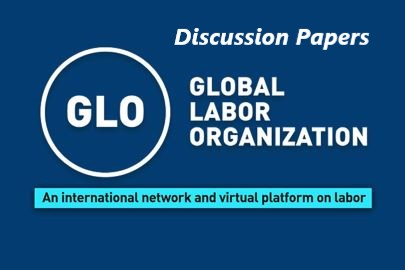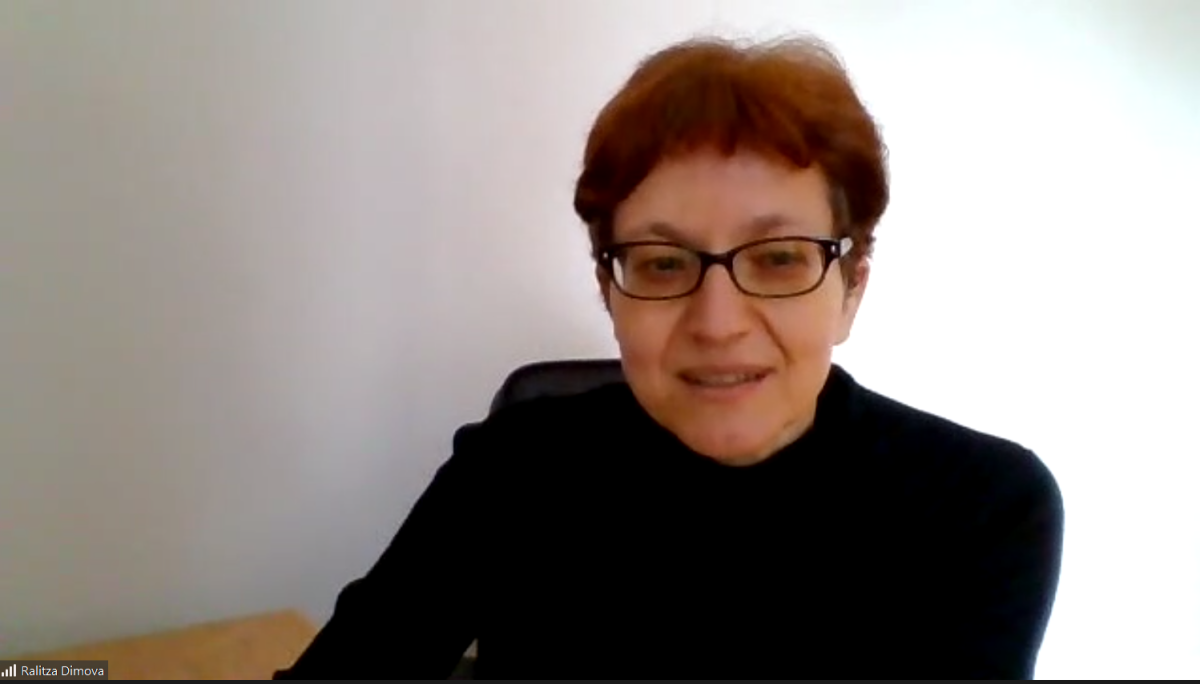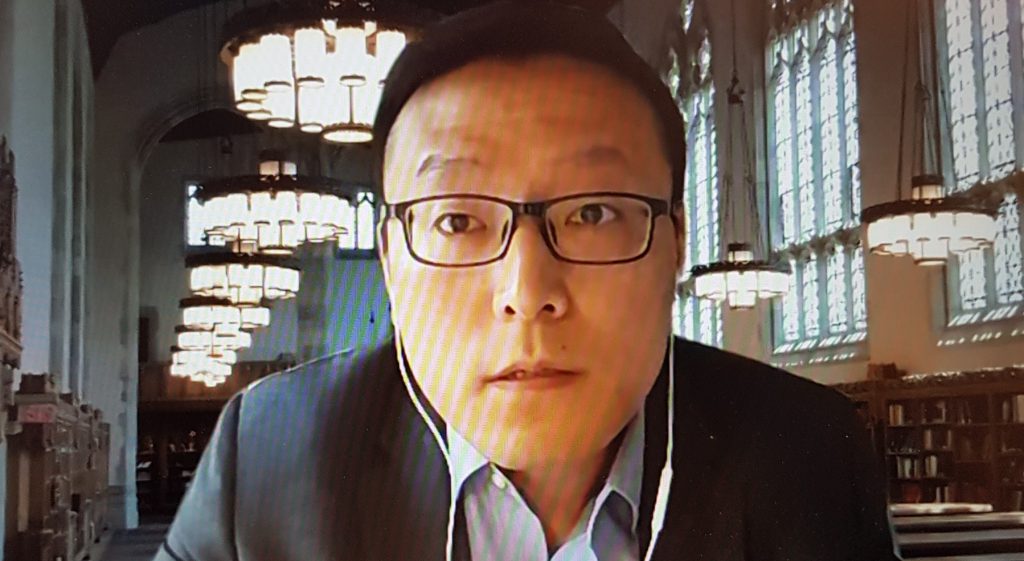A new GLO Discussion Paper detected a negative effect on physical health.

GLO Discussion Paper No. 1271, 2023
Intergenerational scars: The impact of parental unemployment on individual health later in life – Download PDF
by Ubaldi, Michele & Picchio, Matteo
GLO Fellow Matteo Picchio
Author Abstract: This paper studies whether individuals that experienced parental unemployment during their childhood/early adolescence have poorer health once they reach the adulthood. We used data from the German Socio-Economic Panel from 2002 until 2018. Our identification strategy of the causal effect of parental unemployment relied on plant closures as exogenous variation of the individual labor market condition. We combined matching methods and parametric estimation to strengthen the causal interpretation of the estimates. On the one hand, we found a nil effect for parental unemployment on mental health. On the other hand, we detected a negative effect on physical health. The latter is stronger if parental unemployment occurred in early periods of the childhood, and it is heterogeneous across gender. The negative effect of parental unemployment on physical health may be explained by a higher alcohol and tobacco consumption later in life.
Featured image: JR-Korpa-on-Unsplash
Journal of Population Economics (JOPE)
JOPE has CiteScore 9.2 (NEW – 2022, LINK) & Impact Factor 4.7 (2021, LINK)
JUST PUBLISHED
Vol. 36, Issue 3, July 2023: 26 articles on: Aspirations and preferences; Environment, Weather, Climate; Family; Fertility; Historical demography; Ageing, pensions, social security; Migration
https://link.springer.com/journal/148/volumes-and-issues/36-3
CALL FOR PAPERS
JOPE invites paper submissions for the following collections:
– Abortions
– Covid-19 and diseases
– Lifecycle fertility models
– Sexual and domestic violence
– Sexuality including LGBT issues
– Statistics & measurement of population economics
For more details and for examples of already published papers in these collections see:
https://glabor.org/collections-journal-of-population-economics-invites-paper-submissions-in-six-research-areas/

GLO Discussion Papers are research and policy papers of the GLO Network which are widely circulated to encourage discussion. Provided in cooperation with EconStor, a service of the ZBW – Leibniz Information Centre for Economics, GLO Discussion Papers are among others listed in RePEc (see IDEAS, EconPapers). Complete list of all GLO DPs – downloadable for free.
The Global Labor Organization (GLO) is an independent, non-partisan and non-governmental organization that functions as an international network and virtual platform to stimulate global research, debate and collaboration.
Ends;














































































